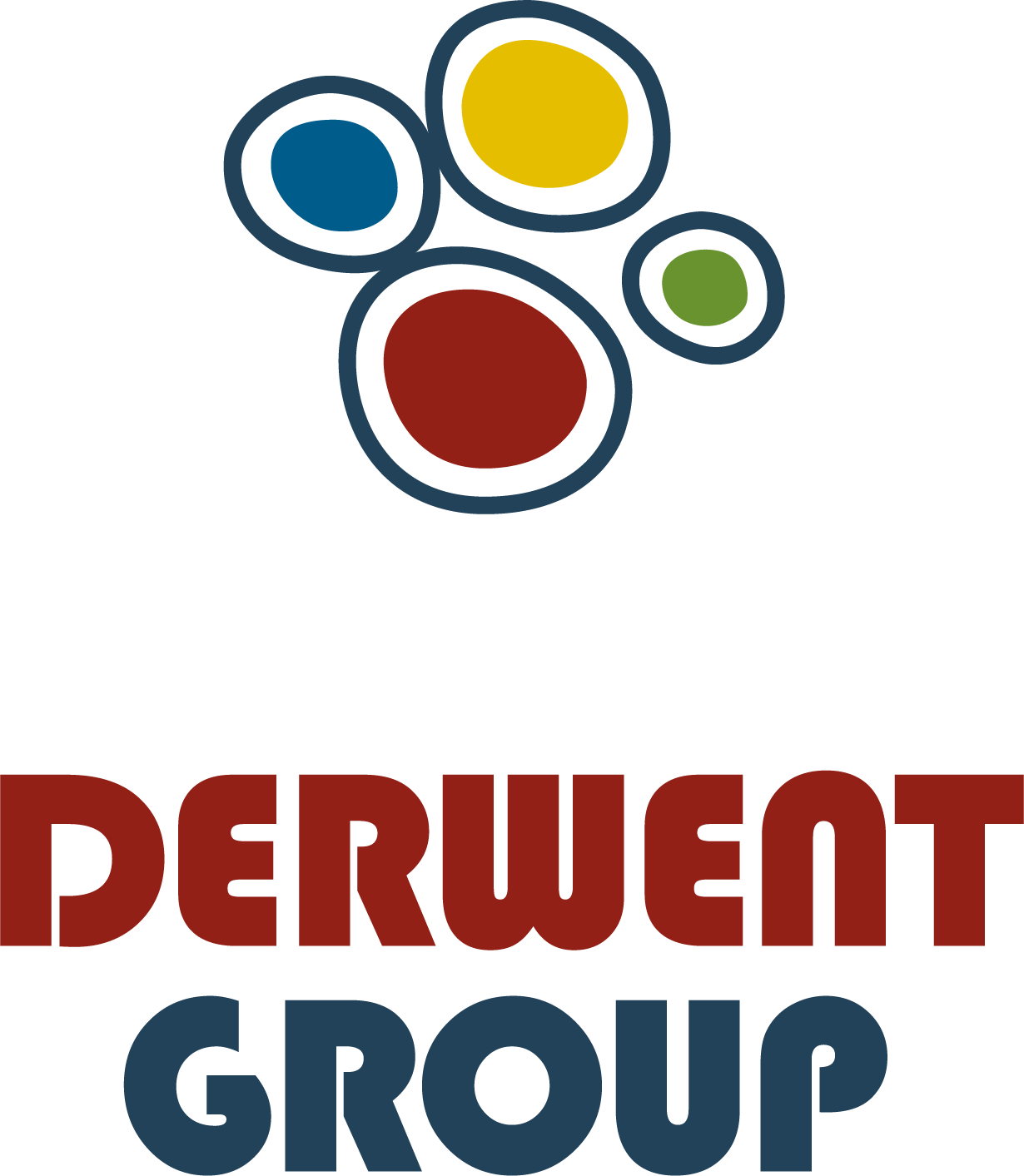By Álvaro Valle
Today we would like to talk to you about the aquaculture sector in Spain. Our country has a long fishing tradition and highly significant culture of fish product consumption. We also have a mountainous terrain and diversity of climates providing a wide range of water resources, which has meant that Spaniards are accustomed to consuming a wide variety of species. This combination of factors represents a major potential to develop the production of numerous aquaculture species: fish, molluscs, crustaceans and even seaweed.
At present, Spain has three major sub-sectors that differ greatly in terms of their history and degree of development: marine aquaculture, continental aquaculture and mollusc aquaculture. Recently, seaweed farming has also been added.
At Derwent we actively participate in the development of the first two and our aquaculture systems are designed and built to meet the needs of the species produced and to adapt to the conditions of the physical environment.
As we have already mentioned, different technologies are used depending on the environment and the objectives:
– Marine cages. These establishments consist of polyethylene structures that provide support and flotation nets where the fattening processes of species such as sea bream, sea bass or croaker are carried out.
– Rafts and long-lines. Floating structures are used for the farming of bivalve molluscs, mainly mussels. The rafts consist of platforms that support the farming ropes, whereas the long-lines are horizontal lines supported between buoys from which the farming ropes are hung.
– Onshore. Structures built on land, normally in locations close to the coast, which obtain their water by pumping from sea catchments or wells. Within this category we could include the RAS systems in which Derwent provides great experience and exclusive and specific designs; RAS (Recirculating Aquaculture Systems) technology consists of closed circuit aquaculture production systems in which the inflow and outflow of inputs and waste is fully controlled. In these systems, most of the water is reused (between 90 and 99 %), renewing only the part necessary to maintain the ideal conditions for fish development.
– On the coast, in the intertidal zone and estuaries (salt water), there is another type of aquaculture system that involves minimal environmental impact. This type includes ponds dug out of the ground, normally in marshes, which are flooded in order to farm species such as sea bream or sea bass. In the case of clam and oyster production, beach or intertidal areas are used; here the animals are placed directly on the substrate or in nets on tables.
As for the feeding of the fish, this is crucial for their viability. With its aquaculture feed brand, Dibaq, Derwent makes use of the optimisation of raw materials, knowledge of nutrients, their digestibility and the correct handling of feed to contribute to the responsible development of this activity. The location of the feed factories in Spain contributes to the implementation of research and innovation activities in the field of fish nutrition. This innovation is promoted by the feed manufacturing companies themselves and by aquaculture companies.
As can be seen from the above, the aquaculture sector has great potential for growth in Spain and can contribute to the sustainable use of natural resources and to food security and economic development.
Associations related to the sector such as APROMAR and official bodies such as the MAPA establish certain priorities in the performance of the activity to which Derwent contributes in various areas:
– New ingredients for animal feed and optimisation of feeding processes.
– Improvement of biomass estimation techniques.
– Optimisation of closed water circuits (RAS).
– Enhancement and promotion of the product.
– Strategies to improve the positioning and image of aquaculture products.
– New species of interest for consumers and entrepreneurs.
– Treatment and reuse of effluents from aquaculture farms and improvement of water quality.
– Assessment of the carrying capacity of aquaculture systems.
– Improvement of animal welfare and stress indices of the main farmed species.
This demonstrates that, even with all the technological advances introduced into the sector over the last two decades, there is still a great potential for development in aquaculture, and at Derwent we work day by day to make our small contribution to a large sector.

